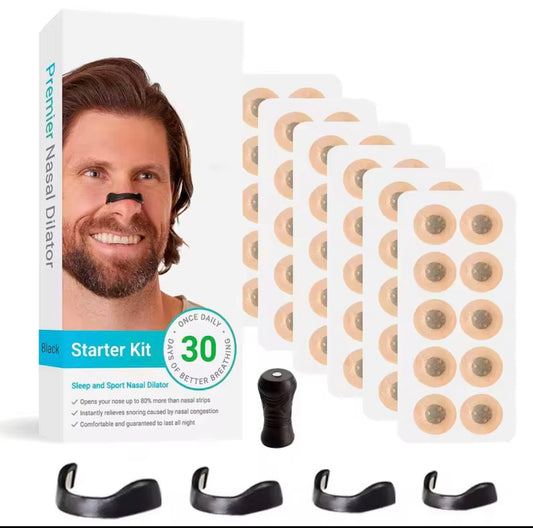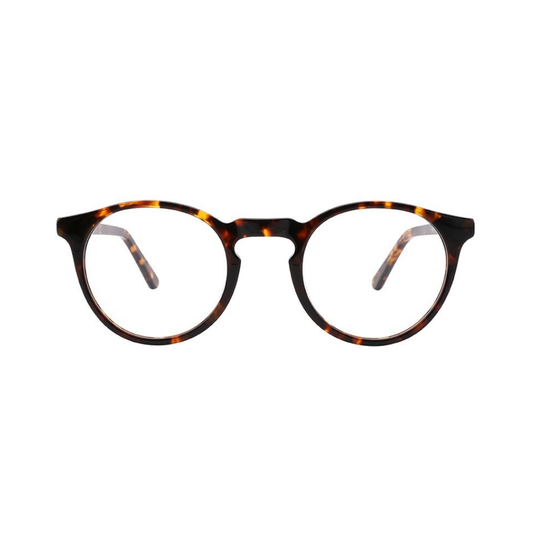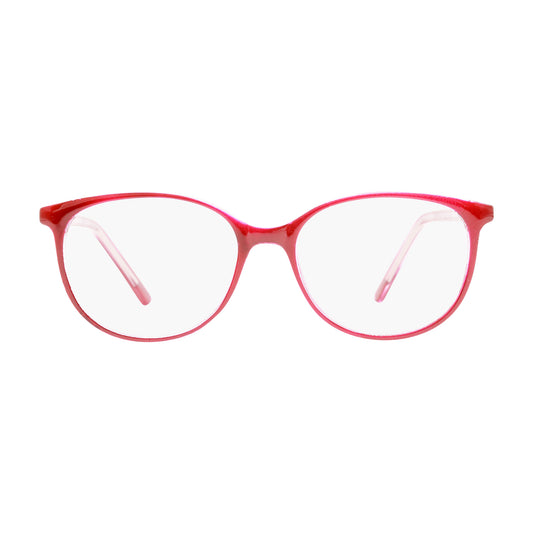Better Sleep Starts During the Day: Habits That Set You Up for Restful Nights
When we think about improving our sleep, most of us focus on bedtime routines. But the truth is, great sleep starts hours before your head hits the pillow. What you do throughout the day plays a powerful role in how easily you fall asleep, how deeply you rest, and how refreshed you feel in the morning.
Here are 5 science-backed habits to support your sleep, starting the moment you wake up:
1. Get Morning Sunlight Exposure
One of the simplest but most effective ways to support your sleep is to get natural sunlight within the first 1–2 hours of waking up. Sunlight helps regulate your body’s circadian rhythm, the internal clock that controls when you feel awake or sleepy.
Even 10–15 minutes outside, especially in the morning, can boost your daytime alertness and trigger melatonin production later in the evening (melatonin is your sleep hormone). And yes, it works even on cloudy days!
2. Avoid Caffeine After Midday
Caffeine blocks adenosine, a chemical in your brain that makes you feel sleepy. While a morning coffee can help you wake up, caffeine has a half-life of about 5–6 hours, meaning it can linger in your system well into the evening.
Try switching to herbal teas or decaf alternatives after 2–3pm to avoid it interfering with your natural sleep cycle.
3. Move Your Body, Even a Little
Exercise is one of the most powerful natural sleep aids. Regular movement during the day — whether it's a brisk walk, yoga, or a full workout, improves sleep quality and helps you fall asleep faster.
You don’t need to go hard at the gym to benefit. Even 20–30 minutes of light physical activity a day can reduce sleep latency (the time it takes to fall asleep) and promote deeper rest.
4. Limit Long or Late-Day Naps
Short power naps (under 30 minutes) can be refreshing, but napping too long or too late in the day may confuse your sleep-wake cycle and make it harder to fall asleep at night. If you need to nap, aim to do it before 3pm and keep it short.
5. Manage Screen Time — and Use the Right Blue Light Glasses
Phones, tablets, and laptops all emit blue light and too much of it, especially at the wrong time of day, can interfere with melatonin and confuse your body clock.
But here’s the thing: your screen habits during the day matter too.
🔹 During the day, use clear blue light blocking glasses to reduce digital eye strain and protect against fatigue, especially if you're working at a screen for hours.
🔸 In the evening, switch to yellow or orange-tinted glasses to help block out the most melatonin-disrupting wavelengths and naturally signal to your body that it’s time to wind down.
At NaPture, we offer all three options, because the right glasses at the right time can make all the difference to your sleep.
Final Thought:
Sleep isn’t just something you prepare for at night - it’s something you support all day long. From morning sunlight to mindful screen use, every habit counts.
Start small, stay consistent, and let your days work in favour of your nights.
Better habits. Better sleep. Naturally.



